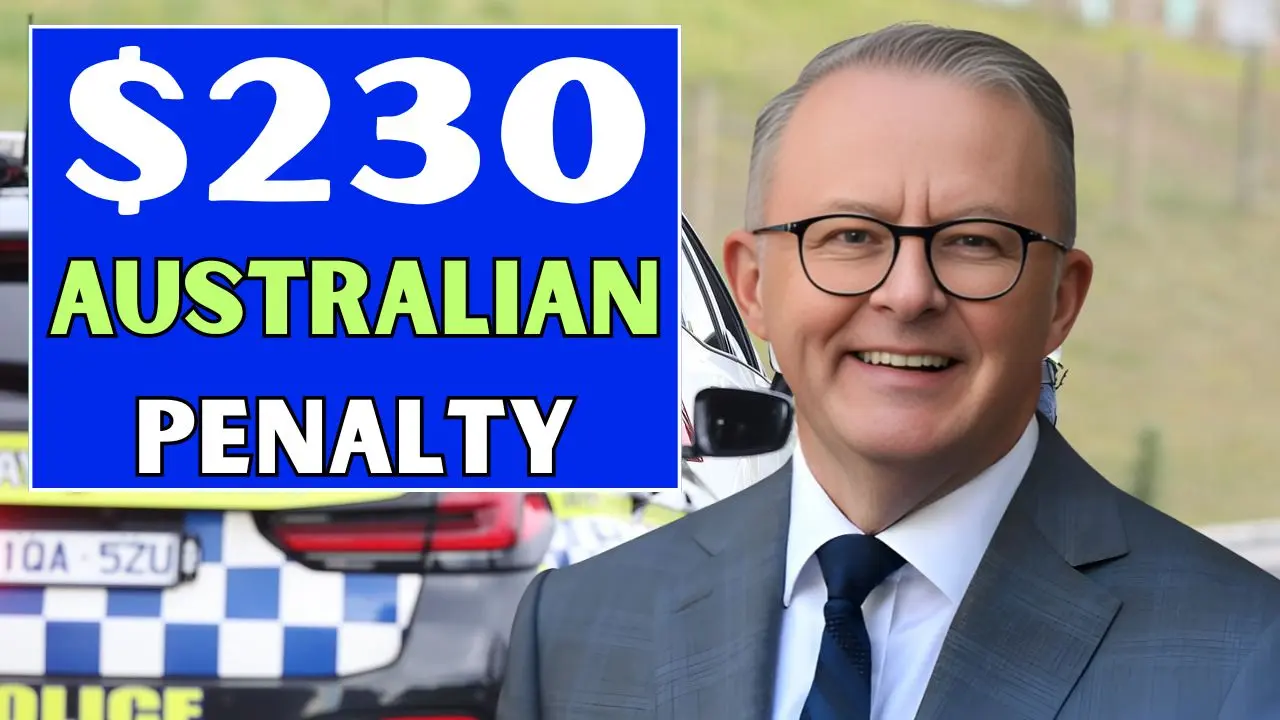Parking fines have always been a topic of dispute throughout Australia-for the certain $230 fine, the debates have taken an extremely heated turn. Local councils and state governments stand their ground, saying that these charges are necessary for traffic control, but some drivers see these as overcharges, unfair, and unjust. They ask, is this charge merely a deterrent to unlawful parking or have the drivers become mere pawns in revenue collection?
Why Are Parking Fines There?
Parking fines exist to ensure the fair usage of public spaces and to maintain the safety and accessibility of roads. A vehicle parked illegally causes an obstruction in traffic flow, blocks emergency vehicle access, or creates danger for pedestrians and cyclists. Councils say that the problems would be way worse without severe penalties.
The Case for Keeping The $230 Penalty
The proponents of this penalty assert that only a hefty penalty would serve as an adequate deterrent for repeat offenders. In areas where parking availability is limited, turnover is critical for business activity and residents. Hence, the $230 fine is perhaps the best tool to instill respect for the laws, especially in the city centres where the unlawful parking can cause extensive disturbances.
Why Many Drivers Loathe It
To many Australians, $230 is a considerable chunk of money in the midst of a cost-of-living crisis. Opponents assert that fines ought to be commensurate with offences and that councils have become too quick to issue tickets instead of concentrating on better signage or alternative parking arrangements. There is also an argument that parking enforcement is being converted into a revenue-generating activity rather than focusing on safety issues.
Are There Fairer Alternatives?
Multiple groups have suggested a tiered fine system whereby an offender of its kind would be subjected to a lesser fine and repeat offenders to heavier ones. Some even demand the improvement of grace periods, parking guidance, and cheap public transport to reduce reliance on private vehicles.
The Ongoing Debate
The $230 parking fine dilemma is only the tip of the iceberg about issues that lie at the balancing act of road safety, public convenience, and fairness to motorists. In their own words, councils are in favor of maintaining rules for the welfare of all, against the drivers who feel that fines should be in proportion to the offense rather than being levied as ransom by unscrupulous councils. Until such amendments come into place, motorists will have no choice except to keep themselves well-informed on parking laws so that taking a heavy fine can be avoided.





